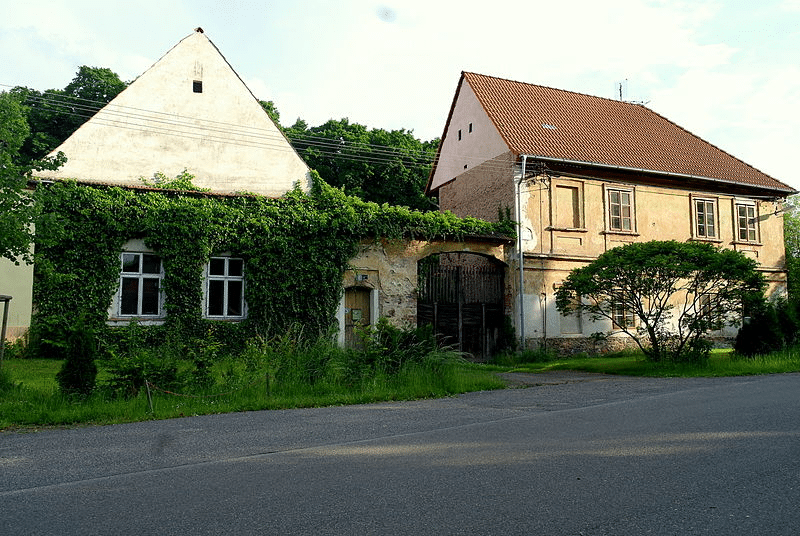2.3 – Czech Question Formation
Here we will learn just a little about question formation in Czech. The good news – there is no set of special forms you’ll need to learn to form questions in Czech. Instead, you just form a sentence as usual and add a rising intonation (with a slight dip at the end).
|
|
|
Karel cvičí? Is Karel exercising? Does Karel exercise? |
|
|
Now, one thing worth also discussing is the two possible translations for this question. In the previous discussion (2.3 – Czech Present Tense, part 1), we learned about how Czech has a rather simple way of forming the present tense that doesn’t distinguish between simple present, emphatic simple present, and present progressive, as in English (i.e. já cvičím can mean ‘I exercise’, ‘I do exercise’, ‘I am exercising’). Just as in this section, my recommendation is that you don’t focus on it too much, but just be aware that Czech can translate these questions either as a simple present Do/does question (i.e. Do you swim?, Does he sleep?, etc.) or as a present progressing (i.e. Are you swimming?, Is he sleeping?).
|
|
|
|
Simple Present |
Present Continuous |
|
Tomáš bydlí tady? Does Tomáš live here? |
Tomáš bydlí tady teď? Is Tomáš living here now? |
Notice how in the simple present there is no form of dělat ‘to do’ to translate the English word does. In English, the word does is just a helper word. In Czech, they don’t use a helper word like this. Similarly, in the present continuous, English uses the word is as a helper verb. Czech does not use a separate word to indicate this. Here we just use the conjugated form of the verb.
|
|
|
|
Simple Present |
Present Continuous |
|
Vaříš každý den? Do you cook every day? |
Vaříš teď? Are you cooking now? |
Again notice how in the simple present there is no word to translate the English word do and in the present continuous there is no word to translate are. Czech does not use such helper words to make questions like English does.
Images used in this document come from these sources.

